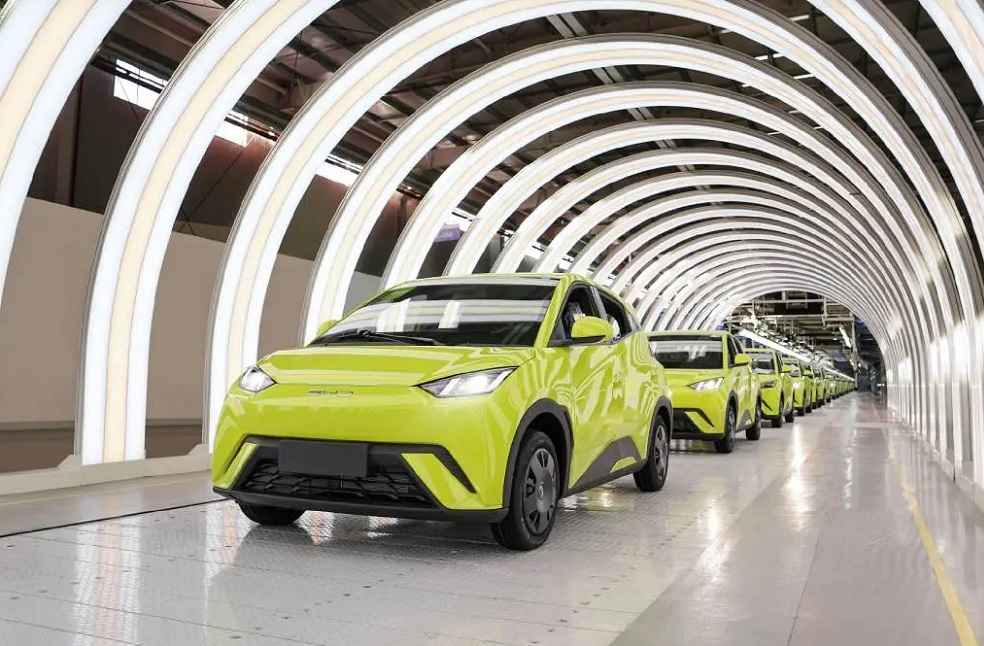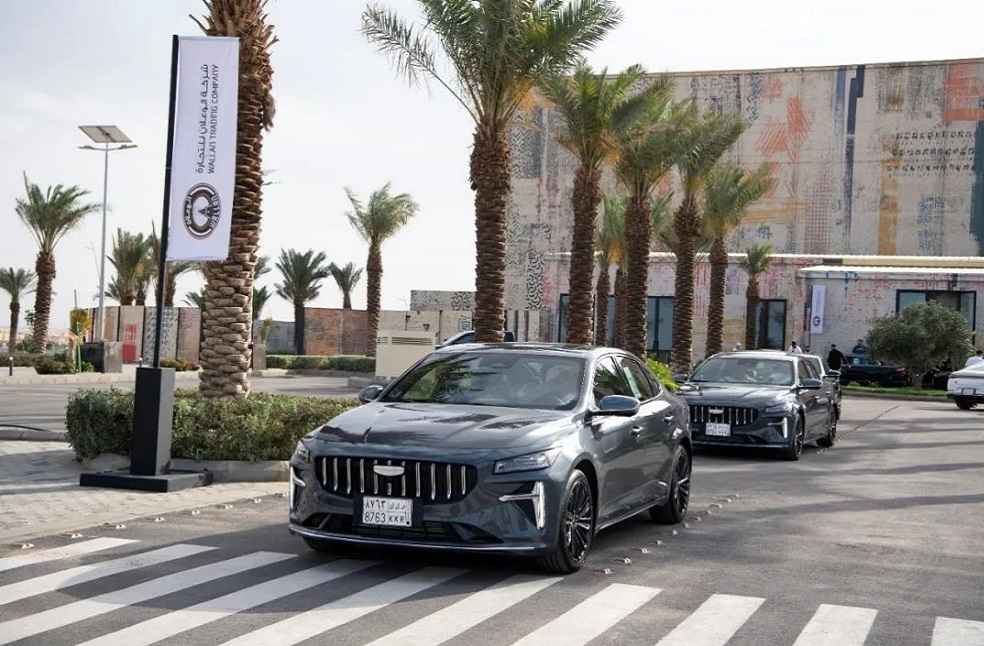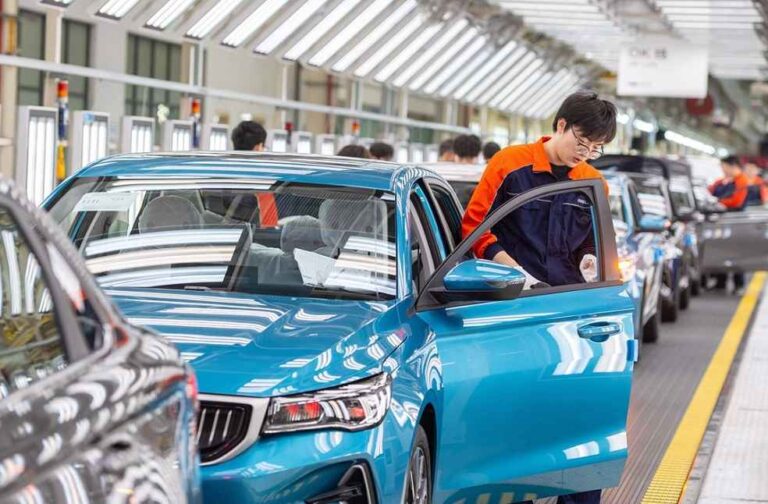China’s EV market is currently navigating a fascinating shift, marked by a strong surge in exports even as domestic sales encounter fluctuations. This evolving landscape is reshaping the strategic playbooks of Chinese automakers and their global counterparts, offering both significant opportunities and formidable challenges.
Data from the China Association of Automobile Manufacturers reveals a 5% decline in domestic auto sales in July 2024, with only 1.6 million vehicles sold nationwide. This dip underscores the intensifying rivalry between traditional gasoline vehicles and the increasingly dominant electric models. Yet, the story of China’s automotive sector remains far from bleak. Export figures paint a different picture, with a remarkable 20% increase in outbound shipments, totaling nearly 399,000 passenger vehicles. This trend signifies a growing global recognition of Chinese electric and hybrid vehicles, highlighting the industry’s resilience and innovative drive.
The domestic appetite for new energy vehicles, encompassing battery electric vehicles (BEVs) and plug-in hybrids (PHEVs), remains robust. July’s sales figures reached nearly 991,000 units, reflecting a 30% year-on-year growth. Within China’s borders, 887,000 of these vehicles found buyers, demonstrating strong local demand alongside the surge in exports.

Leading this charge, manufacturers like BYD and Tesla have significantly scaled up production. BYD alone exported approximately 31,000 electric vehicles and hybrids in July, closely followed by Tesla with 28,000 units. BYD’s domestic sales hit a record 342,383 units, representing a 30% increase from the previous year. This expansion illustrates Chinese automakers’ strategic shift toward meeting global demand while maintaining a solid domestic presence.
Contrasting with the success of local brands, foreign automakers face increasing difficulties in the Chinese market. Companies such as General Motors, Ford, and Hyundai have experienced significant sales declines over the past year, underscoring the growing dominance of Chinese manufacturers. This trend reflects a broader shift as domestic brands continue to capture the attention and loyalty of Chinese consumers.
Multiple factors contribute to the rising interest in electric vehicles. As China’s economy faces challenges, the government has implemented incentives aimed at accelerating the transition from gasoline-powered cars to cleaner alternatives. These policies encourage the exchange of older vehicles for electric models, bolstering demand even as overall sales dip.
On the global stage, Chinese automakers have made notable inroads in markets like Russia, Mexico, and Brazil. Russia stands out as the largest importer of Chinese vehicles, with traditional combustion models comprising much of this demand. Yet, new energy vehicles are increasingly attracting attention due to their affordability and sustainability, especially in markets where consumers are looking for economical and eco-friendly options.

Challenges loom as Chinese automakers confront potential tariff threats from Canada and Europe. Canada is considering tariffs to shield its domestic auto industry from what it perceives as unfair competition linked to Chinese subsidies. The European Union has already imposed tariffs ranging from 25% to 38% on certain Chinese EVs. Chinese officials argue that these measures violate World Trade Organization regulations. As trade tensions escalate, the impact on the global automotive market will be significant.
Despite these obstacles, Chinese companies like BYD, Geely, and Li Auto continue to push the envelope, delivering competitively priced hybrids and electric vehicles that appeal to a wide array of consumers. These models, often matching gasoline-powered vehicles in price, help address concerns such as range anxiety, making electric vehicle technology more accessible to the masses.
One of the most striking developments in the Chinese market is the increasing share of electric vehicles in total auto sales. New energy vehicles now represent over 50% of all cars sold, reinforcing China’s position as a global leader in electrification.
OBSERVATION | Lamborghini Eyes Rapid Growth in India with Young Buyers, New Roads





